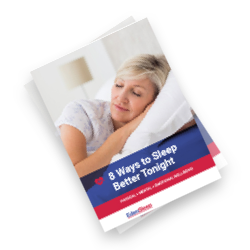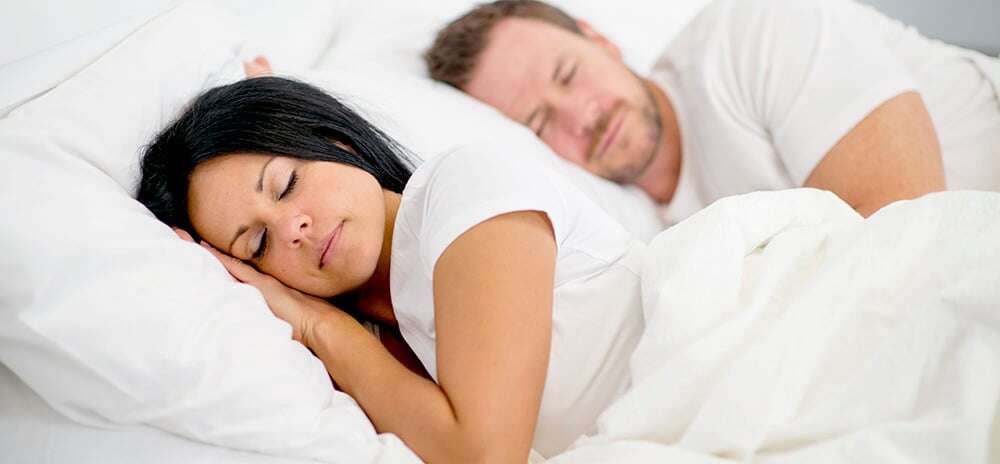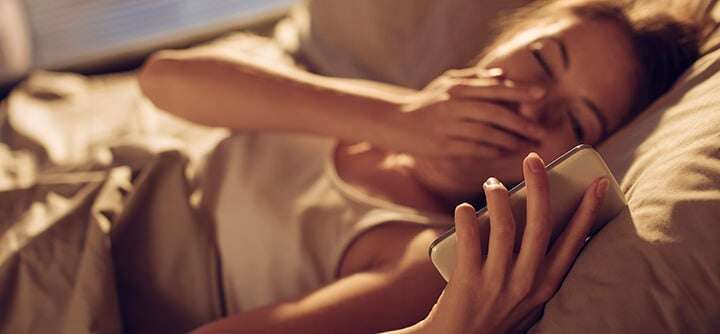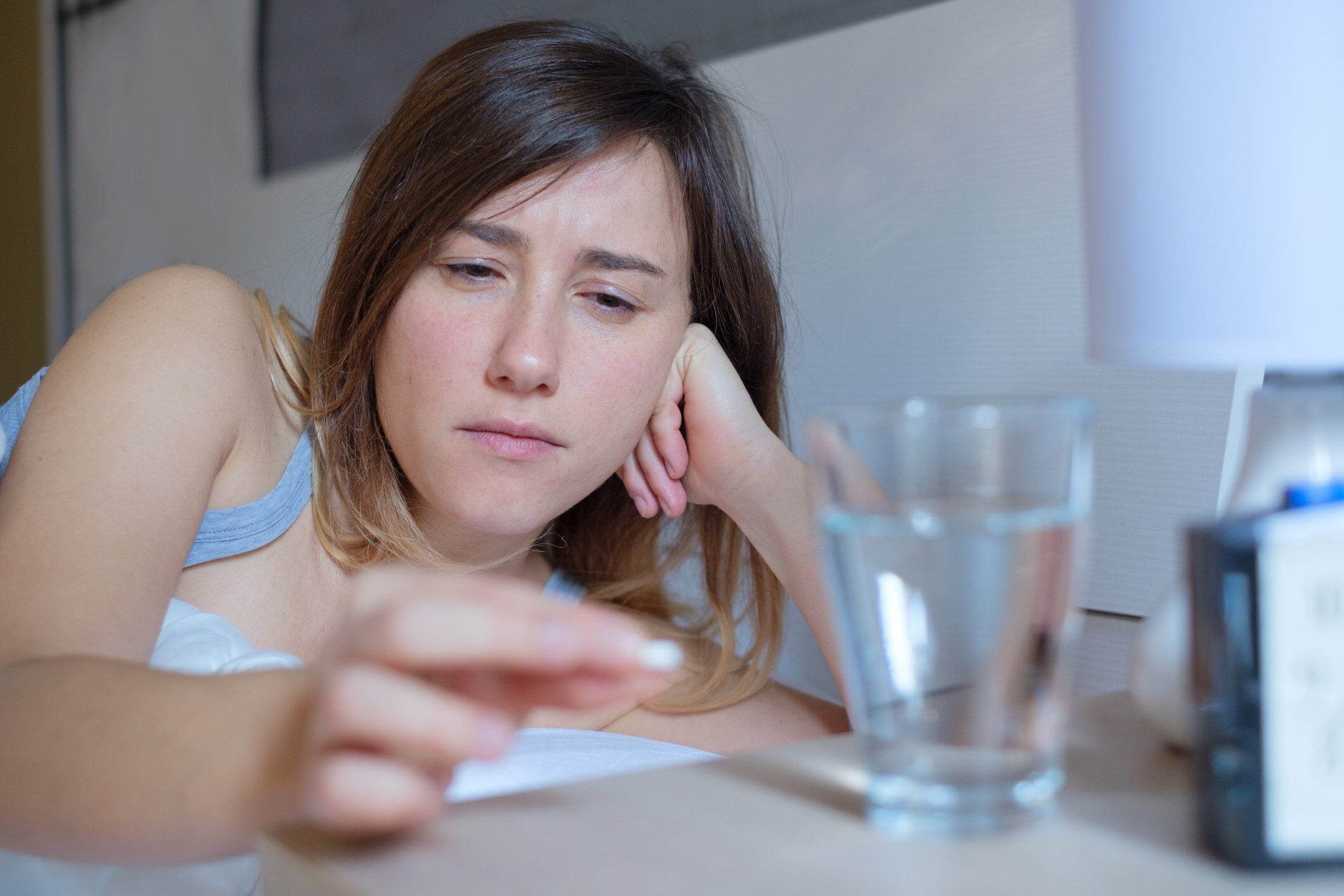It’s commonly known that to maintain good health, there are general standards for hygiene that need to be abided by such as washing your hands or brushing your teeth.
But did you know that there’s also such a thing as maintaining good sleep hygiene in order to maintain sleep health?
While it doesn’t involve fluffing your pillow, research has drawn a link between poor sleep and a person’s immune function. In fact, a lack of sleep can lead to a 50 per cent decrease in killer cell activity, meaning you’re more vulnerable to frequent infections in the short-term and more chronic illness in the long-term1.
Put simply, when you think of good sleep hygiene, think sleep routine.
Sleep hygiene involves establishing a sleep routine each night to ensure you’re receiving quality sleep that results in optimal alertness the following day.
And New Zealanders should take note – with one study finding that 13 per cent of Kiwis aged between 20-59 years are affected by at least one symptom of insomnia2.
So how do you ensure that your sleep hygiene is on track to achieve the sleep you need?
Simply follow these best practices to greatly increase the quality of your sleep while boosting your waking energy:
Step One
First things first – you need to know how much sleep you need per night.
While an individual’s sleep needs can fluctuate depending on your daily activities, experts recommend that most adults should clock up between seven to nine hours sleep each day3 for optimal sleep health.
Do the math. Not receiving at least seven hours? Perhaps it’s time to start setting a reminder at least an hour before you’re supposed to start winding down for the day.
Try to keep to your specified bedtime and avoid napping during the day – you might find it harder to fall asleep at night if you’re sneaking in incremental rest periods.
Step Two
Have you ever tried to fall asleep straight after eating a big bowl of pasta or drinking caffeinated beverages?
You might think that food and drink just affects your physical health, but it’s also essential in order to achieve quality sleep.
To make sure you set yourself up for a restful night, try to avoid eating a heavy meal at least three hours before you call it a night. Spicy and acidic foods are also options to avoid – no-one wants to endure heartburn at bedtime4! Read about more ways you can eat your way to a better night’s sleep here
While many people wind down with a nightcap each day, it’s wise to give alcohol a miss in the evening. An alcoholic drink might help you relax and fall asleep in the short-term, but if you rely on it, it’s actually considered to be a poor sleep aid5.
8 Ways to Sleep Better Tonight
What if we told you we could add 1-4 hours to your sleep every night. What have you got to loose?.. More sleep? 😴😪

Step Three
It might sound simple and make logical sense, but step number three is often easier said than done: Try to avoid stressful situations before bedtime.
If you’re racing around the house to get lunch and clothes prepared for the next day late at night, completing the laundry, ironing or stacking the dishwasher, chances are you’ll find it hard to switch off straight away when you climb into bed.
Create a buffer between your preferred bedtime and tasks, technology and other time-zappers – even if it’s just half an hour to read a book, take a bath, or reduce the ambient light and light a candle and relax.
Decreasing the ambient light will serve to help promote the production of melatonin, a sleep-inducing hormone triggered by darkness.
Step Four:
Quality sleep is vital for your overall health and wellbeing and it all begins with proper sleep hygiene.
By following these simple steps, you’ll find yourself sleeping soundly in no time.
If you’re searching for more ways to help you sleep, our team of sleep specialists have compiled a free eBook full of their proven tips and tricks.
You can download your free copy of the ‘8 Ways to Sleep Better Tonight’ eBook here.
.webp?width=1158&height=143&name=Combined%20logo%20-%20Ecom%20Main%20300x200%20(1).webp)



